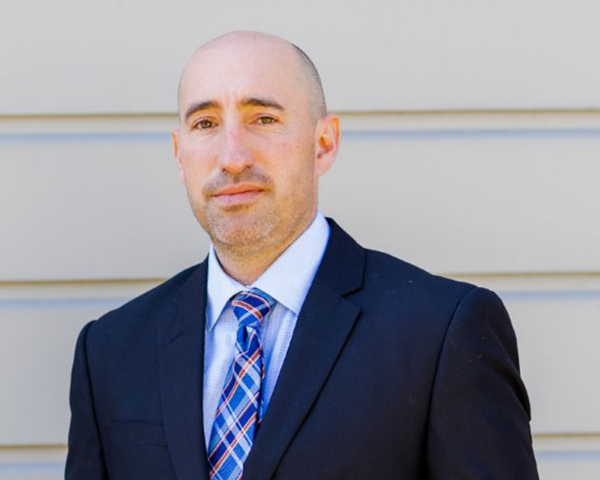Violations of Probation & Parole
WHAT IS PROBATION?
In some cases, a person who is legally convicted of a crime will be sentenced to probation time, during which they will be required to abide by a very strict set of conditions that have been specifically set forth by the court. In most cases, probationary convicts are placed under the supervision of a probation officer and are mandated to refrain from engaging in a very specific set of activities. Included in the behaviors prohibited to people on probation is the permission to possess firearms of any nature or leave the jurisdiction of a designated area. In addition, they may be expected to follow a curfew, remain steadily employed, reside in a certain area or in a directed place and always follow the orders given to them by their probation officer.
Under certain circumstances - primarily depending on the crime for which a probationer was convicted - they may be cautioned to abstain from contact with their victim(s). Cases of sexual abuse, domestic violence and the like are ones in which probationers are typically prohibited from future contact, at least while under the terms of their probation. Again, depending on the crime that was committed, a probationer may also have to abstain from alcoholic beverages and / or be made to wear an electronic tag that serves as a monitor that tracks his / her whereabouts. In some cases, the terms of a person's probation could even include mandatory commitment to completing a set number of community service hours.
WHAT IS PAROLE?
Under certain circumstances, the remainder of a person's prison sentence can be completed under parole. Unlike probation, this is not an alternative to a prison sentence altogether, but instead a way to shorten the stay of an original prison sentence. Accordingly, the terms and conditions of a parole sentence generally tend to be less strict than those associated with probation. Under supervised release, a prisoner may be granted permission to complete the duration of his / her prison sentence outside the confines of the institution.
During the time allotted for parole, the parolee will be technically fulfilling his / her remaining jail time. As such, they are at risk of being re-sentenced to formal time in prison should they stray from the conditions set forth in their parole. Under the conditions of parole, a person will be expected first and foremost to obey both state and federal laws. In addition, they will likely be advised to refrain from the use of drugs and alcohol, obtain steady employment and abstain from contact with their victim(s). Parolees must remain in constant contact with their parole officer as well.
PENALTIES FOR PROBATION & PAROLE VIOLATIONS
Probation and parole provide convicted persons the opportunity to spend all or a partial amount of their time outside the confines of the actual prison system. Under probation, a person will be permitted to live out their entire conviction outside of prison and under the supervision of a court-appointed probation officer. Under parole, a person will be permitted to finish the remainder of their prison sentence outside of prison and under the supervision of a court-appointed parole officer. Assuming that the terms and conditions of a person's probation or parole are clearly abided and consistently met, there will be no need for further legal interference.
It is when violations of these terms are made, however, that a probationer or parolee can find themselves in legally hot waters. Failure to meet the standards expected of them could result in another court hearing and possible return to jail. For probationers who were never sent to prison in the first place, the original sentence could be revised to include time in prison. For parolees who were provided with a shortened sentence, the court could choose to send them back to prison for an extended amount of time.
Violations of probation and parole can be minor to severe, depending on the circumstances at hand. In some cases, direct violations are made that can be difficult to argue. Most of the time, however, probation and parole violations are no more than misunderstandings or miscommunications between the probationer / parolee and his / her corresponding supervisor. Something as simple as failing to meet a probation officer or parole officer and the right time and place planned could be judged as a violation and punished as such. Usually nothing more than a mistake, these and other instances similar to them are ones that can be challenged in court under the representation of a criminal defense attorney in your area.

The client experience
Read What Past Clients Have to Say-
“I don’t really know how we were so very lucky to find this man but he is a true professional and we could not be happier with the outcome.”
- Former Client -
“Took a lot of stress of my shoulders and made the sentence better than what i thought it would be.”
- Nick A. -
“I was in trouble... he handled the case professionally and is a very kind, personable, and intelligent person to have in your corner!”
- Weston T.
Why Clients Trust Attorney Benjamin Okin
-
Exclusively Defending
Criminal Cases -
Experienced Trial Lawyer
-
Former Prosecutor
-
Stellar Reputation In the
Legal Community

Attorney Benjamin Okin goes above and beyond for each client, ensuring the best possible outcome for each case. Learn more about Attorney Okin's background.


